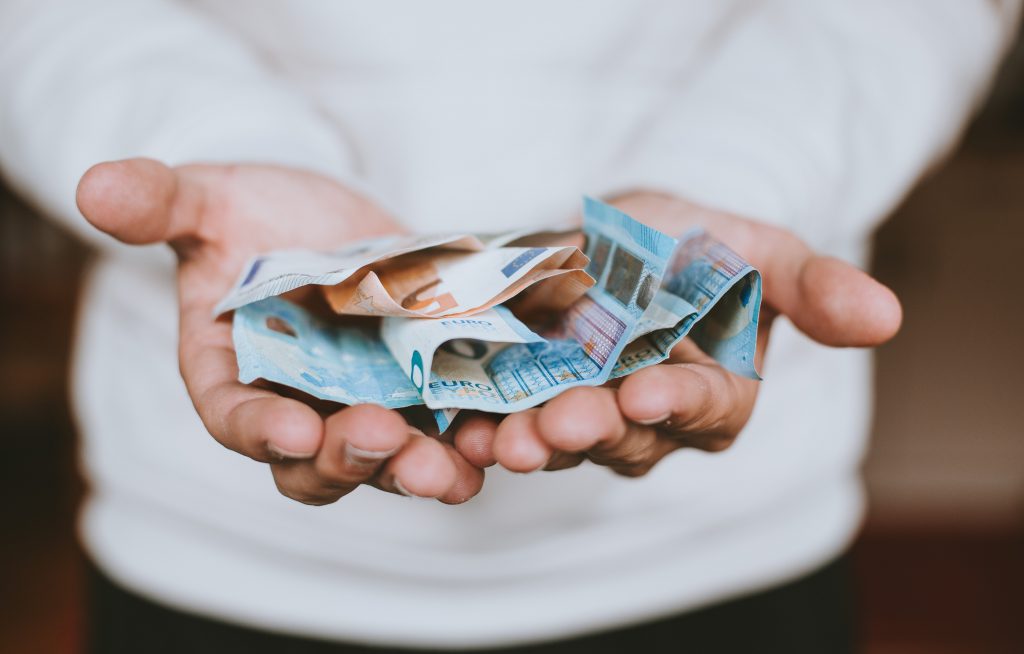This post is also available in Dutch.
What causes happiness from donating
I often hear how it’s “just an act of self interest” to donate money to charities, because we feel better about ourselves. While it is true that we feel happy from giving, according to the self-determination theory, there are three factors that affect whether you will, and how much, you feel happiness from giving.
- Autonomy: Donating should be a voluntary decision. Studies have shown that only voluntary giving increases the happiness felt by the giver. Having the choice to either keep or donate money increases happiness, while not having a choice to donate, only choosing where the donation goes, does not. Even brain activation related to pleasure is increased when donations are voluntarily made, as opposed to mandatory.
- Competence: Knowing how your donations actually make an impact. This can be seeing direct improvements, or clear information about what your donation is going to. Donating to save the children does not tell you what the money will do, but if donating towards mosquito nets that can prevent the spread of malaria you are more likely to feel like your own contribution makes a difference.
- Relatedness: Having some kind of personal connection to the cause. We are more likely to donate to a certain cause if someone we know is affected, whether that be for a certain disease a loved one has, or aid for a place or situation where you know someone.
So, voluntarily choosing to donate, knowing what it is going towards, and having some kind of personal connection all translate your giving to increased happiness of your own. But not only that, feeling more happiness from your donations also makes you more likely to donate again, this might be the healthiest reinforcement cycle I can imagine!
Remember the ice bucket challenge?
In 2014, the ice bucket challenge went viral: people poured ice cold water over themselves as part of a call to donate money to the ALS foundation, which raised 115 million USD. This helped fund a lot of research on ALS (amyotrophic lateral sclerosis), a disease that affects motor neurons in the brain and spinal cord. The donations have led to some real breakthroughs, one being the identification of a gene variant called NEK1, which affects microtubules. This finding is incredibly promising for developing treatments that affect the function of this gene variant.
How to increase your own happiness, right now
To let you voluntarily increase your own happiness, I want to tell you about this year’s 3FM radio channel’s serious request to raise money for ALS research. We know that it really does make a difference, and what steps can now be taken to try to develop treatments that can make a huge impact on people’s lives. And the Donders Institute is part of the serious request this year! Donate here, to increase both your own happiness and improve the future for many others.
Author: Viola Hollestein
Buddy: Helena Olraun
Editor: Elena Markantonakis
Translation: Lucas Geelen
Editor translation: Judith Sholing
Header image by Christian Dubovan via Unsplash
